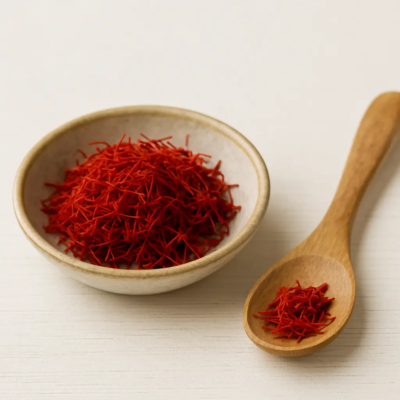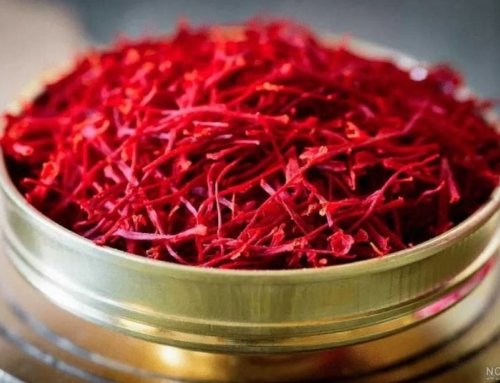Saffron is generally safe to take daily, as long as it’s consumed in moderate amounts. Research suggests that up to 30 mg per day is considered safe for most healthy adults and may offer health benefits such as mood enhancement, reduced PMS symptoms, and improved memory.
Saffron is generally safe to take daily, as long as it’s consumed in moderate amounts. Research suggests that up to 30 mg per day is considered safe for most healthy adults and may offer health benefits such as mood enhancement, reduced PMS symptoms, and improved memory.
However, higher doses (above 1.5 grams per day) may lead to side effects such as nausea, dizziness, or allergic reactions. Extremely high doses (more than 5 grams) are considered toxic. Pregnant women, people with low blood pressure, or those taking certain medications should consult a doctor before using saffron regularly.
To stay safe, use saffron in culinary amounts (like in tea, rice, or milk) or standardized supplements that clearly state the dosage. Always buy pure saffron from trusted sources to avoid adulteration or contamination.
How Should You Take Saffron Daily?
The most common way to take saffron is through food. You can add a few strands to your tea, rice dishes, or even milk. For a more precise dosage, saffron capsules are available in health stores—typically providing 30 mg per day. Always check labels for purity and country of origin.
Who Should Avoid Daily Saffron Use?
If you’re pregnant, breastfeeding, or have chronic health conditions such as low blood pressure or mood disorders, speak to your doctor before daily use. Some antidepressants or blood thinners may interact with saffron and cause complications.
How Long Can You Take Saffron?
Clinical studies on saffron supplementation typically run from 4 to 12 weeks. There’s no strong evidence on long-term daily use, so it’s best to use it periodically rather than continuously for months without a break.



![Exporting Saffron to Turkey + Price Guide [Complete 0 to 100]](https://www.rowhanisaffron.com/wp-content/uploads/f1-372-500x383.jpg)




Get Social